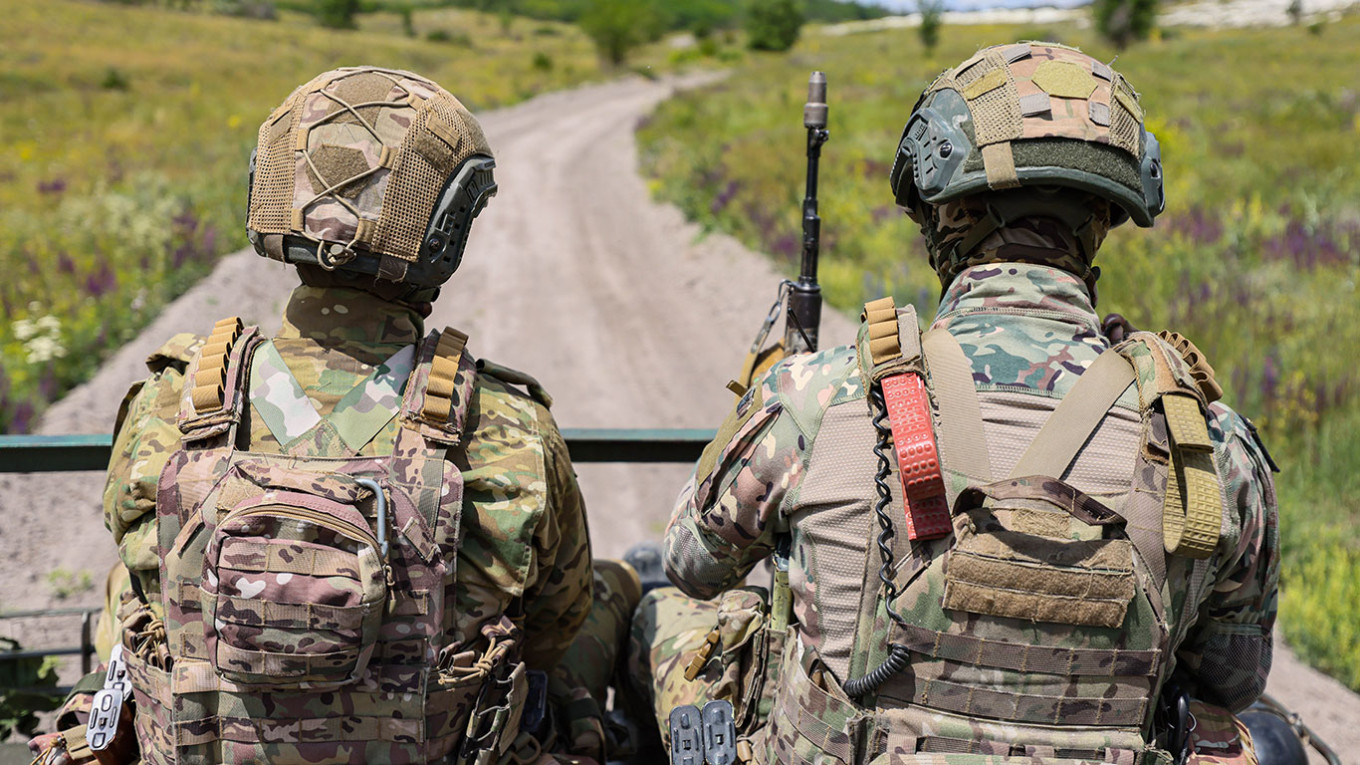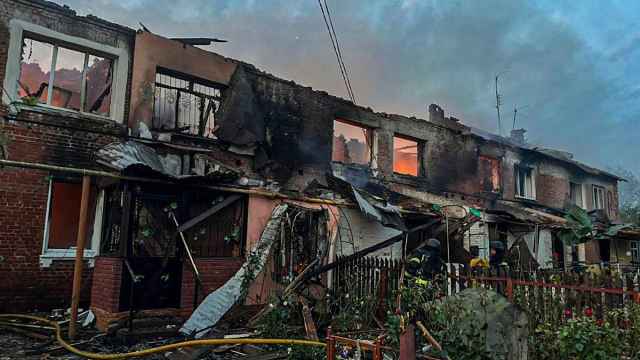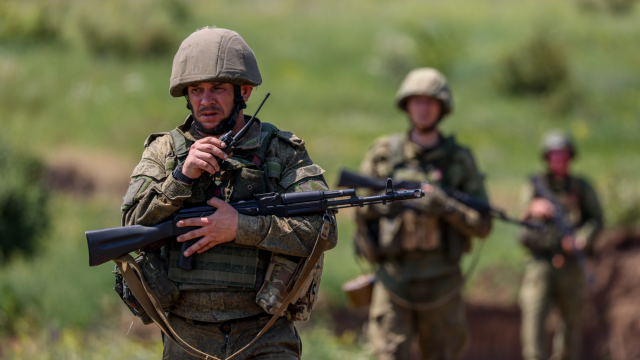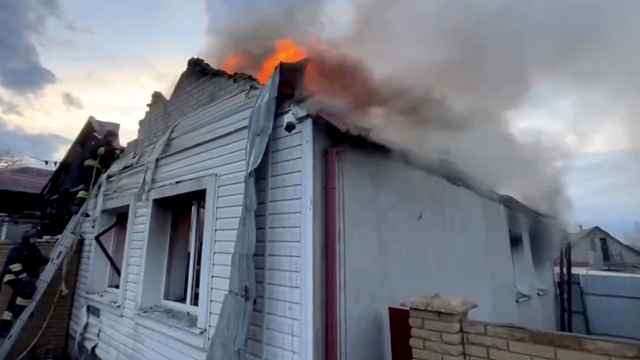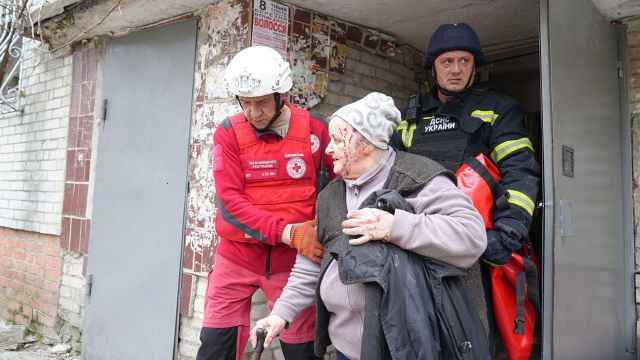Russia’s military has advanced to within 12 miles of the northeastern Ukrainian city of Sumy, intensifying operations around the regional capital, the Wall Street Journal reported Sunday.
After Ukrainian units withdrew from Russia’s Kursk region in late April, the Russian army entered Ukrainian territory and has since assembled 50,000 troops in the region, WSJ said.
According to Ukrainian soldiers who spoke to WSJ, Russian forces outnumber Ukrainian units three to one.
This month, Ukraine deployed the “Timur” Special Forces Unit to positions near Sumy, attempting to slow Russian advances.
Kappa, a commander in the unit, said in an interview with WSJ that Russian “numbers are a big problem for us, though not enough to overrun us.”
“The enemy is losing 300 to 400 people per day across the region. But they can deal with that level of casualties…They keep bringing in reserves.”
Large-scale assaults, described within the Russian military as “meat assaults,” have become a primary tactic, independent military analyst Yan Matveev told The Washington Post.
“These [mass assault] tactics are the only thing the Russian military is capable of at the moment. And it’s very inhumane because in fact dead people are being traded for territory. What we have in the Russian army now is a lot of soldiers, but they have no training,” Matveev told The Washington Post
Apart from troop numbers, Russia holds an advantage in ammunition supplies and missiles, according to the Washington Post.
However, according to Matveev, Russian forces still struggle to conduct complex operations in Ukraine due to shortcomings in intelligence, insufficient weapons and equipment, corruption, logistical disruptions and inadequate training.
As a result, Matveev believes that, while the summer offensive is unlikely to yield a breakthrough for Russia, it could still seize several thousand square kilometers of Ukrainian territory.
A Message from The Moscow Times:
Dear readers,
We are facing unprecedented challenges. Russia's Prosecutor General's Office has designated The Moscow Times as an "undesirable" organization, criminalizing our work and putting our staff at risk of prosecution. This follows our earlier unjust labeling as a "foreign agent."
These actions are direct attempts to silence independent journalism in Russia. The authorities claim our work "discredits the decisions of the Russian leadership." We see things differently: we strive to provide accurate, unbiased reporting on Russia.
We, the journalists of The Moscow Times, refuse to be silenced. But to continue our work, we need your help.
Your support, no matter how small, makes a world of difference. If you can, please support us monthly starting from just $2. It's quick to set up, and every contribution makes a significant impact.
By supporting The Moscow Times, you're defending open, independent journalism in the face of repression. Thank you for standing with us.
Remind me later.


